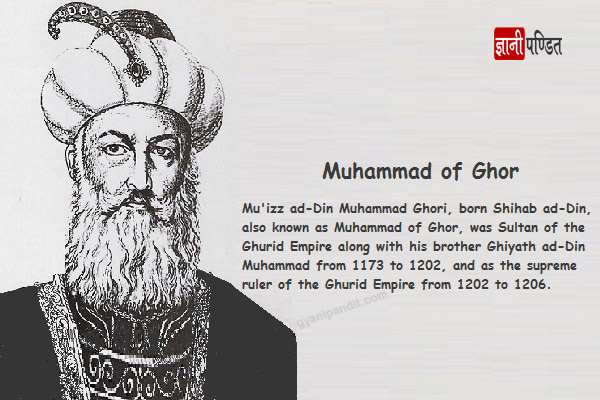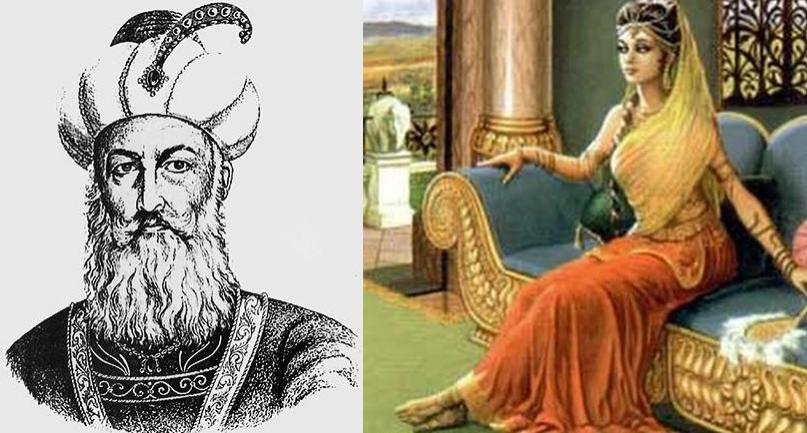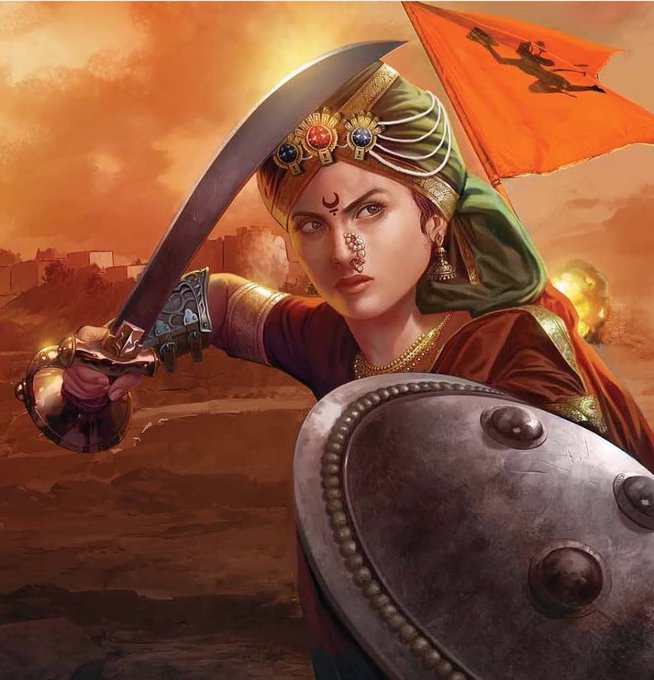2/
The @AlphabetWorkers have formed what is called a "minority union." Quick thread on what that means:
A cornerstone of US labor law is the principle of "exclusive representation" - if you collect authorization cards from the employees and win an election, you...
1/
We're Alphabet workers. We\u2019ve been organizing for over a year, & we\u2019re finally ready to share why.
— Alphabet Workers Union (@AlphabetWorkers) January 4, 2021
This morning, we're announcing #AWU, the first union open to *all* workers at any Alphabet company.
Every worker deserves a union\u2014including tech workers.https://t.co/m2Qmjwz32V
2/
The big problem: labor law is so weak in the US, employers violate it all the time with no consequences, and therefore obtaining exclusive rep status is really hard.
3/
3a/
4/

5/
So, imagine...
6/
7/
@CWAUnion has used the minority union concept in...
8/
Now, of course,
9/
One important final note:
10/
11/
12/
13/
More from Government
The People's Twitter.
And it would definitely not selectively censor unfashionable opinions if it were run by a government bureaucracy.
Because public sector bodies only ever maximise The Common Good.
Could even call it The International Common Good Association, just to make sure
"I don't like the fact that Twitter is so subservient to the woke elites. Let's create a massive state regulator, so that the woke elites, which have a stranglehold on most institutions... oh no, wait..."
(I mean, he's not entirely wrong. His solution may be rubbish, but there is an issue here. Twitter really does have a substantial amount of market power.
Still: There are people who I just will not ever side with, even when they have a point. And that includes Communitarians.)
As far as I can see, there are no good solutions here.
5 years ago, I would have said "Lol, Twitter is just a private company, like any other. The Guardian wouldn't publish anything by me, but that's not "censorship". They're just not letting me use their platform."
However...
...Twitter really does benefit from substantial network effects. We are on Twitter, because everyone else is also on Twitter. You can set up a rival platform, but that would be like being the only person who has a telephone: not very useful, because there's no one you can call.
And it would definitely not selectively censor unfashionable opinions if it were run by a government bureaucracy.
Because public sector bodies only ever maximise The Common Good.
Could even call it The International Common Good Association, just to make sure
As Twitter is the virtual equivalent of a natural monopoly both left & right should agree that it needs to be nationalised as a public utility & subordinated & regulated as a public good but as it is a global phenomenon perhaps it could be governed by an international regulator?
— Phillip Blond (@Phillip_Blond) January 9, 2021
"I don't like the fact that Twitter is so subservient to the woke elites. Let's create a massive state regulator, so that the woke elites, which have a stranglehold on most institutions... oh no, wait..."
(I mean, he's not entirely wrong. His solution may be rubbish, but there is an issue here. Twitter really does have a substantial amount of market power.
Still: There are people who I just will not ever side with, even when they have a point. And that includes Communitarians.)
As far as I can see, there are no good solutions here.
5 years ago, I would have said "Lol, Twitter is just a private company, like any other. The Guardian wouldn't publish anything by me, but that's not "censorship". They're just not letting me use their platform."
However...
...Twitter really does benefit from substantial network effects. We are on Twitter, because everyone else is also on Twitter. You can set up a rival platform, but that would be like being the only person who has a telephone: not very useful, because there's no one you can call.
You May Also Like
BREAKING: @CommonsCMS @DamianCollins just released previously sealed #Six4Three @Facebook documents:
Some random interesting tidbits:
1) Zuck approves shutting down platform API access for Twitter's when Vine is released #competition
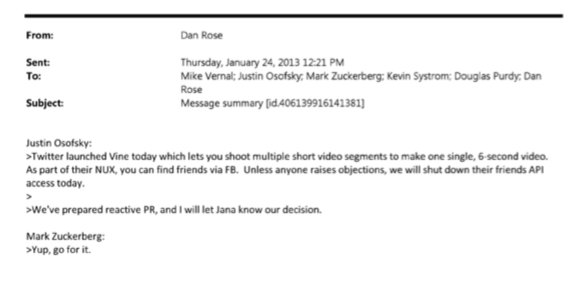
2) Facebook engineered ways to access user's call history w/o alerting users:
Team considered access to call history considered 'high PR risk' but 'growth team will charge ahead'. @Facebook created upgrade path to access data w/o subjecting users to Android permissions dialogue.
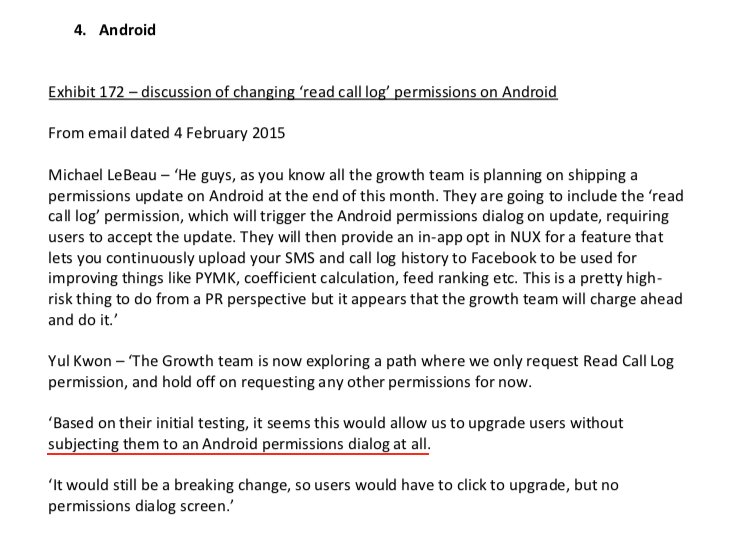
3) The above also confirms @kashhill and other's suspicion that call history was used to improve PYMK (People You May Know) suggestions and newsfeed rankings.
4) Docs also shed more light into @dseetharaman's story on @Facebook monitoring users' @Onavo VPN activity to determine what competitors to mimic or acquire in 2013.
https://t.co/PwiRIL3v9x
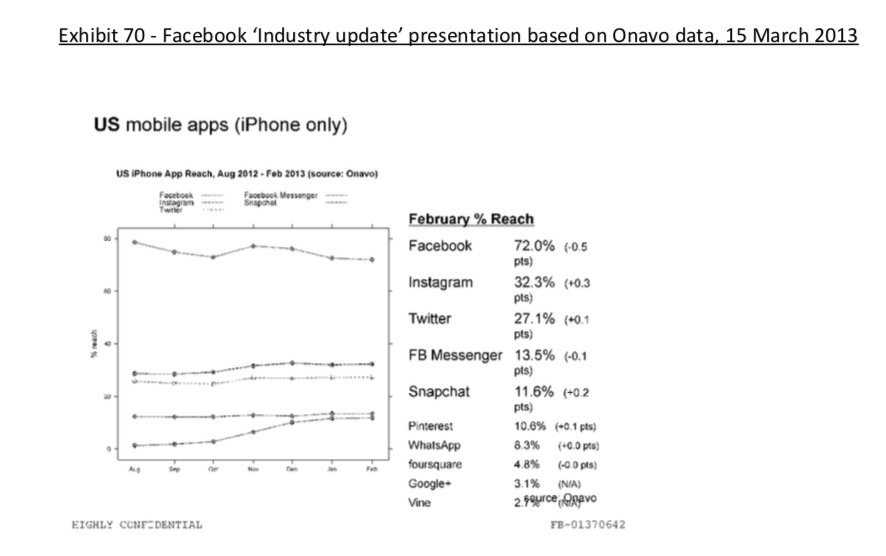
Some random interesting tidbits:
1) Zuck approves shutting down platform API access for Twitter's when Vine is released #competition

2) Facebook engineered ways to access user's call history w/o alerting users:
Team considered access to call history considered 'high PR risk' but 'growth team will charge ahead'. @Facebook created upgrade path to access data w/o subjecting users to Android permissions dialogue.

3) The above also confirms @kashhill and other's suspicion that call history was used to improve PYMK (People You May Know) suggestions and newsfeed rankings.
4) Docs also shed more light into @dseetharaman's story on @Facebook monitoring users' @Onavo VPN activity to determine what competitors to mimic or acquire in 2013.
https://t.co/PwiRIL3v9x









